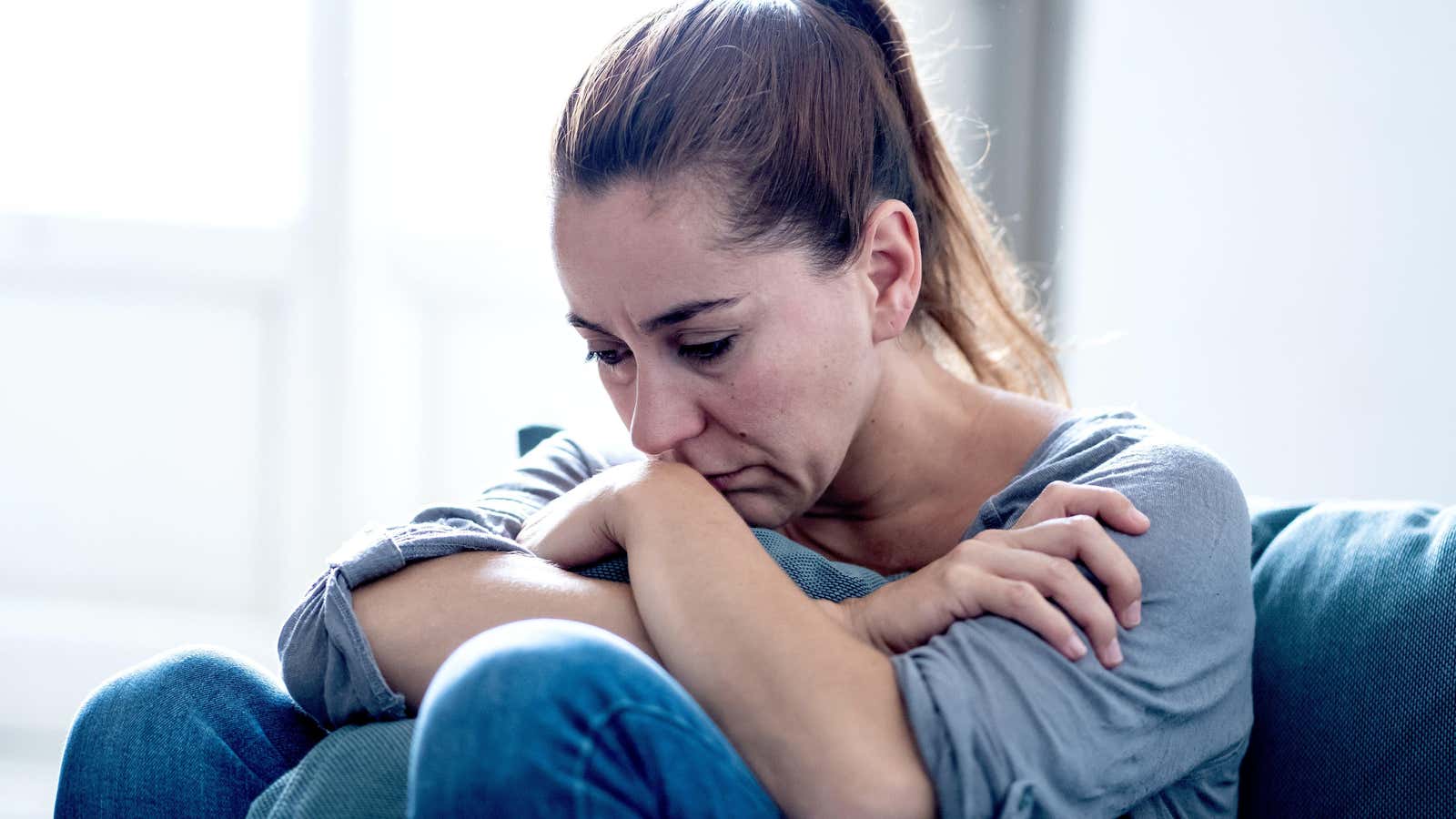What Is Narcissistic Collapse?

The term “narcissist” is often used to describe any egocentric person, but narcissistic personality disorder is a real diagnosis that can be quite serious. While we tend to portray narcissists as villains when we talk about them, it’s important to remember that a person with NPD has a mental illness and may experience difficulties as a result. For example, a person with NDL may experience “narcissistic collapse”.
What is narcissistic collapse?
As Dr. Eleanor Greenberg explained in a Psychology Today article earlier this year , one of the main misconceptions about narcissists is that they have high self-esteem and never experience self-doubt. In fact, a person with NDL has a distinctly unstable self-esteem – which is why he depends on the approval of other people.
In anticipation of some public failure, a person with NPL may experience what is known as a narcissistic collapse resulting from their anxiety. Revealing that they are an imperfect person (like the rest of us) is devastating for a person with this disorder and can lead them to sink into a shame-based depression. Their fear of exposure in the future affects their ability to function in the present.
Someone with NPD uses the façade of grandiosity as a sort of defense. Dr. Maggie Vaughn of New York ‘s Happy Apple Psychotherapy Center said that when this defense mechanism fails, a person is forced to “face the deep shame and worthlessness that defines the condition.” This is due to the “lowness” that undermines their ability to uphold the pretense of being extraordinary. She cited job loss or social rejection as examples of what could trigger a crash, but added that it should probably happen in sequence, as one hit “is rarely enough to break through a narcissist’s defenses.”
What are the signs of narcissistic collapse?
According to the PsychCentral expert panel, a person experiencing a narcissistic collapse may show several different signs:
- Vengeful behavior
- Rejection of others
- Depression
Vaughan explained that because narcissistic collapse shakes a person’s personality and affects what drives them, they usually feel “devastated and aimless” because they see no way to get admiration from others: “People with NPD often feel deep depression, loneliness and even suicidal tendencies when experiencing a narcissistic collapse.”
These symptoms, while intense and potentially dangerous, are usually temporary. If you have NPD, know someone who has it, or suspect that someone in your life has it , watch closely for the signs above to predict narcissistic collapse. Greenberg also pointed to the possibility of suicide in her article, noting that a person experiencing a narcissistic collapse may view death as a better alternative to public “exposure”.
In addition to the fear of being “exposed” as a flawed person, a person with NPD may also go into a state of narcissistic rage because they are not receiving the external validation they believe they should be receiving. This is stressful for people with the disorder, leading to narcissistic rage and possibly collapse.
Help is available, but it can be difficult for a person with NPL to find it because, as Vaughan noted, people with NPL can resist therapy and the honest recognition of their shortcomings that comes with it. She added, “Most importantly, they form a trusting bond with a therapist who can normalize that narcissist’s fears and needs.” She said that the most healing element of therapy for a person with NDL is actually the relationship with their primary care physician, as it makes them feel accepted—even with their flaws. It can also help them build relationships with other people.